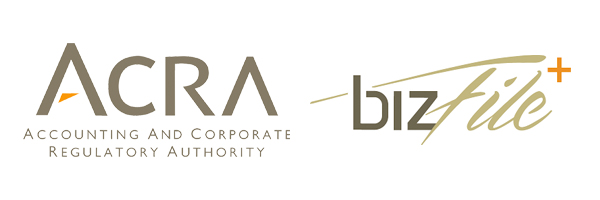In compliance with Singapore policies, business entities must appoint a corporate secretary to fulfil various corporate responsibilities such as coordinating meetings for the company’s directors and shareholders and preparing the minutes of company board meetings.
Minutes of Company Meetings

Part of the key responsibilities of a company secretary is to keep accurate records of the proceedings of company meetings within one (1) month of their completion. Minutes are legal documents detailing essential information such as meeting discussions and deliberations, dates and time schedules, attending members, distributed reference materials and topics covered in meeting discussions.
Such meetings coordinated by corporate secretaries include board meetings and company annual general meetings (AGMs).
Why Minutes are Important
The purposes of company meetings include:
- Serving as permanent proof of company discussions and policy decisions agreed upon by company members in meetings. These resolutions can be referenced in future meetings.
- Providing a fair synopsis of the complete proceedings of each meeting including all directors, members and shareholders in attendance, clarifying the decisions and assignments given as well as providing a starting point for review in following meetings.
- Serving as a ruler for the company’s progress and commitments; and
- Keeping legally binding documents that auditors of the company may use to verify who has authoritative power to approve various company transactions.
Keeping and Inspection of Minutes
Minutes are recorded in minute books prepared by a company secretary and stored in the company’s registered office or principal place of business in Singapore. Books containing minutes of shareholder meetings are available for inspection by company members free of charge; however, minutes of board meetings must be kept confidential to allow directors freedom to discuss sensitive issues relating to the company.
Rules, Regulations, and Penalties
A copy of the minutes of a meeting must be finished within 14 days of a company member’s request to inspect them. The charge for each page of a minute book may not exceed $1.
If a company fails to provide copies of the minutes of a meeting upon request, the company and its officers may be held liable for legal fines up to $400 and incur a default penalty.
Generally, company minute books are not required to be filed with Singapore’s Accounting and Corporate Regulatory Authority (ACRA) unless they are involved in legal matters that necessitate them being submitted to ACRA.
A good example of a situation when minutes of a meeting must be lodged with ACRA is when the document is signed by a representative of the holding company to authorise the issuance of shares where the holding company is beneficially entitled to the whole of the issued shares of a subsidiary.

If a company and its officers fail to keep satisfactory minutes of company meetings within 1 month of corporate meetings, they can each be fined up to $2,000 and be subject to a default penalty.For a list of specific transactions where minutes are required to be filed with ACRA, visit the BizFile+ website.
Using Corporate Secretarial Services in Singapore
Minutes are essential documents needed to keep complete records of a company’s resolutions, commitments and corporate direction. They have to be kept responsibly and accurately as they play an important role in the conduct of external company audits, regulatory review or legal proceedings.
Hiring qualified professionals such as our experts in CorpXervices significantly lowers the risk of incurring any legal penalties for non-compliance and reduces the loss of important records crucial to your company’s future. Talk to us and gain peace of mind while running your Singaporean company or registered business.






Leave A Comment